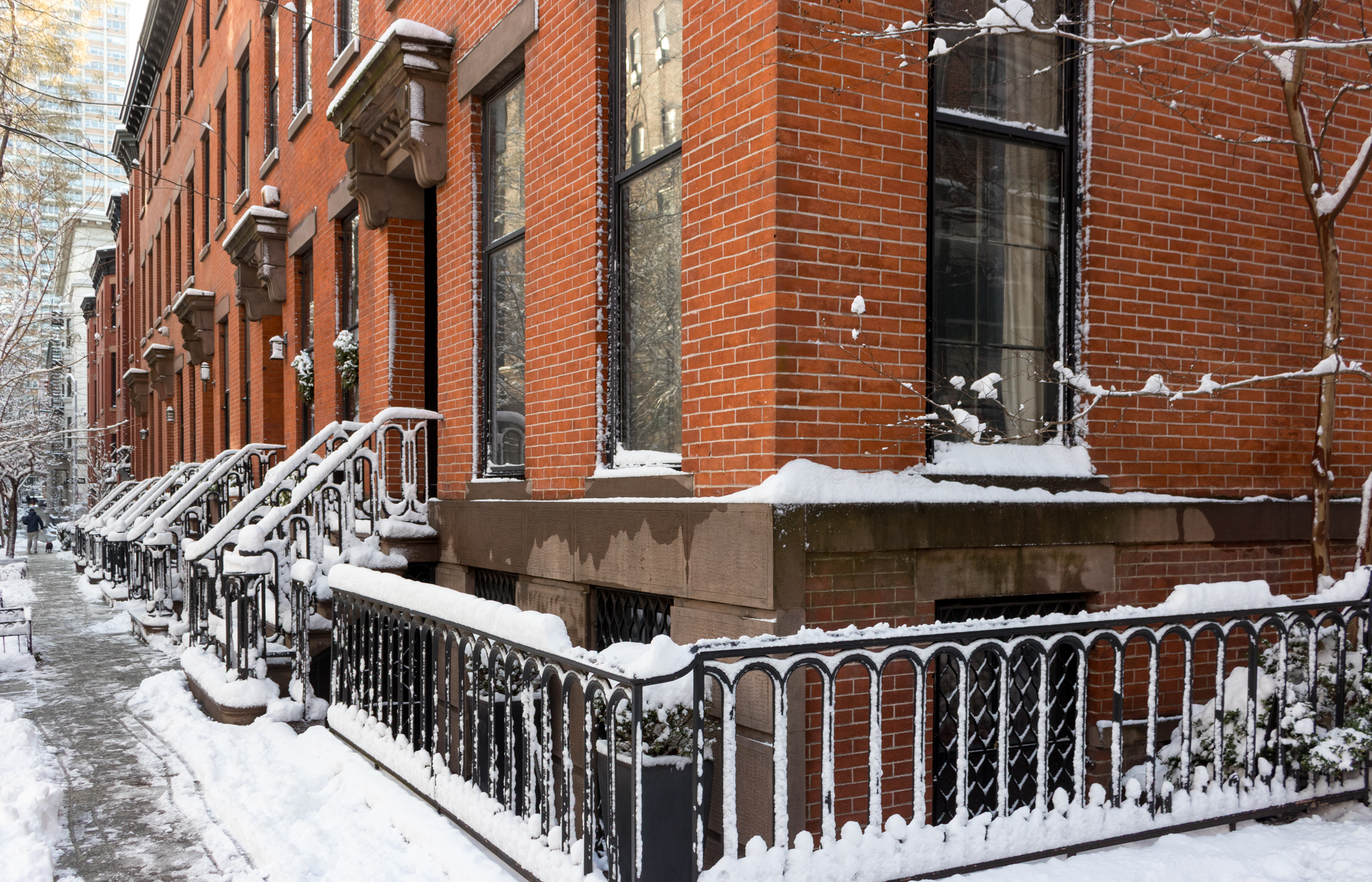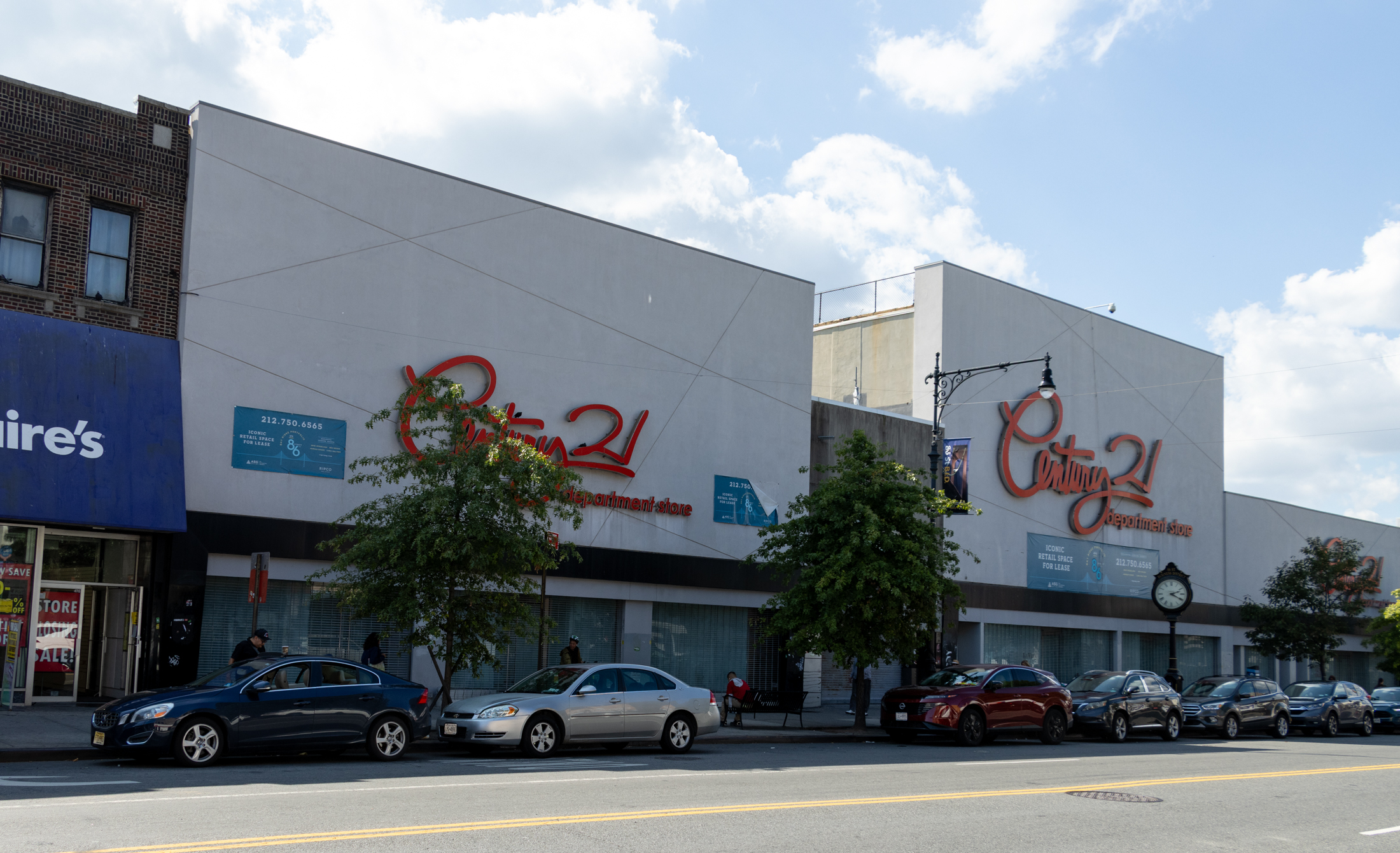Housing Rescue Plan: For Some or For All?
Vague reports about the Obama administration’s plan in the works to help people in danger of losing their houses are starting to surface. Whether it ends up with the government subsidizing monthly payments or modifying the loans themselves, the big question, it seems to us, is whether the ultimate solution should address only those in…

 Vague reports about the Obama administration’s plan in the works to help people in danger of losing their houses are starting to surface. Whether it ends up with the government subsidizing monthly payments or modifying the loans themselves, the big question, it seems to us, is whether the ultimate solution should address only those in immediate trouble or be an across-the-board relief measure. On the one hand, even if you’ve been playing by the rules and aren’t directly benefiting from a homeowner bailout, it’s still in the interest of your own property value to see fewer foreclosures and empty houses in your neighborhood; on the other hand, why should only the irresponsible and the unlucky get hand-outs? Tough stuff.
Vague reports about the Obama administration’s plan in the works to help people in danger of losing their houses are starting to surface. Whether it ends up with the government subsidizing monthly payments or modifying the loans themselves, the big question, it seems to us, is whether the ultimate solution should address only those in immediate trouble or be an across-the-board relief measure. On the one hand, even if you’ve been playing by the rules and aren’t directly benefiting from a homeowner bailout, it’s still in the interest of your own property value to see fewer foreclosures and empty houses in your neighborhood; on the other hand, why should only the irresponsible and the unlucky get hand-outs? Tough stuff.





fwiw I completely agree that selling a house is always a superior answer to foreclosure (that’s why my parents sold theirs and rented something cheaper). I also agree that people who bought way above their means need to bite the bullet and downsize — if they can. The market is so weak right now that there are blocks and blocks of houses in places like Florida and Arizona just sitting empty. You can’t sell a house, even if you’re willing to take a loss, if no one will buy it.
This is a horrible situation that the country’s dealing with, and no single solution is going to be perfect.
Bxgrl;
I could agree with the idea of allowing these folks a rent-to-own option. I do agree that many of these folks were snookered, and some way should be found to get them back on their feet. My main point is that it should it not be done at the expense of -once again- destroying the concept of thrift.
Well, now that we’ve reached agreement on that, and Snark agrees with me above, I think some “Kumbaya” sing-long is called for.
I can agree with the idea behind what you’re saying re owning a house a consumption- although i think you still have to say that it is also an investment, like buying machinery for a shop. It’s both.
Still, what is the reality for these people? What happens to them? I’m just not comfortable with the idea they need to be punished for trying to own a piece of the American dream- one which they were told by those who knew better, that they could afford. And I don’t see how throwing them out of their homes will help them get back on their feet. More likely that will be the final nail in their coffins.
I am intrigued by jnjnjn2’s idea of keeping them in their homes as renters with the idea they may later repurchase.
What would you think about that?
Just Wondering;
So by that logic, the early 1980’s, when unemployment was over 10%, should have been a period of massive foreclosures. In fact, however, there was no foreclosure crisis back then.
Back then, of course, the national savings rate was much higher. Perhaps back then, folks did save for a rainy day, and lived within their means.
> “For many of these folks, selling a house they could never really afford IS the solution.”
Wow, largely lefty SnarkSlope agrees with you on this one.
If you don’t allow failure to occur, the US is going to end up just like Japan in the 90’s – real estate prices fell for 15 straight years until they finally took the proper steps to wipe out bad debt in 2003/4. People most definitely should not be tossed to the curb and maybe the banks could end up owning the homes but letting the prior owners rent them out until they could repurchase them at a later date.
CWB;
OK, thanks. All cool.
Bxgrl;
I’ll readily grant that Bush over-emphasized homeownership, though I would argue that he was not alone on that. Talking about the cause of the problem, however, does not point to the solution. I still think that Ringo hit the nail right on the head. The issue should not be framed as keeping folks in their home – a liability- but on getting them back on their feet. For many of these folks, selling a house they could never really afford IS the solution. It is exactly akin to paying off their credit card bills – another liability.
I’ll take Ringo’s statement a step further. This country would be alot better off if owning a home is seen for what it is: a form of consumption, rather than an “investment”. The decision to won or rent a home is exactly analogous to that of buying or leasing a car.
AndYouWillKnowUsbyTheTrailofRenters –
If you bought a few months ago – you qualify for the New Home Tax Buyers credit – if you fall within the criteria. Look it up.
I’m not closing until March, but I’ll be able to take the credit on my 2008 taxes. Right now it has to be paid back over 15 years, but they are talking about not having to pay it back.
I won’t mind paying it back, but I’m glad it’s there right now. I waited until prices looked semi-normal, have a credit score of over 800, and bought something I can afford, even if I were to lose my job.
What the credit is doing for me is giving me some savings to work with after putting everything into a downpayment. If I can find a way to pay it back to the IRS early I will once my savings bulks up again.
We are not in a Depression, Asshat. Maybe it feels like one to you but 93% of the population is still employed.